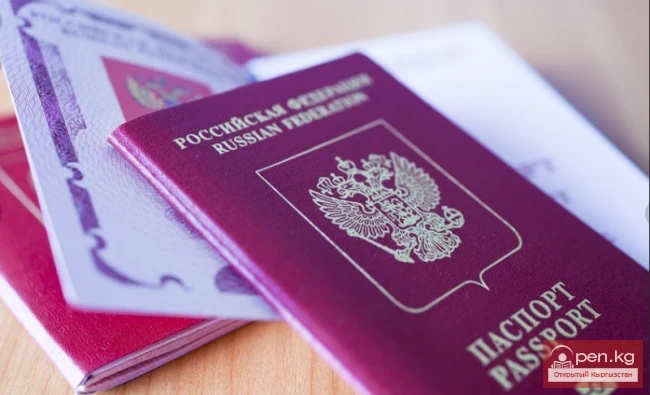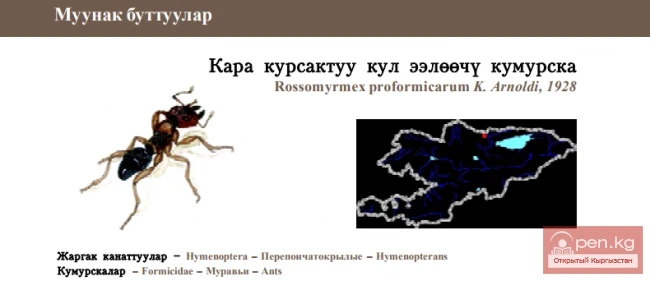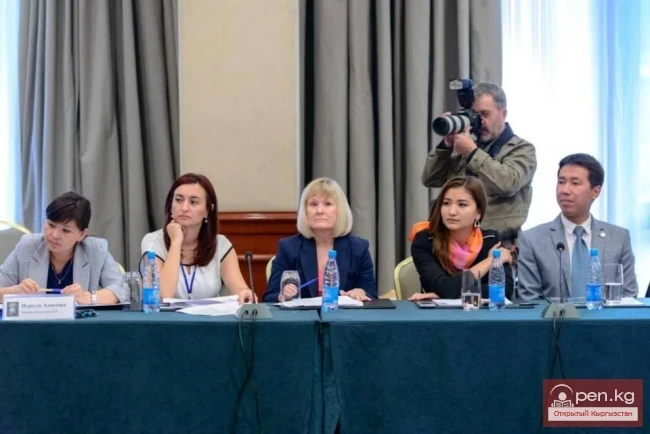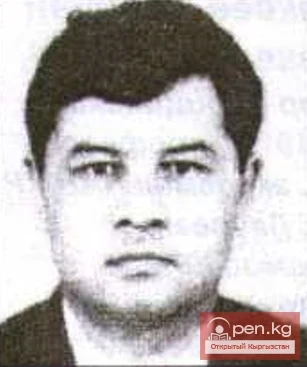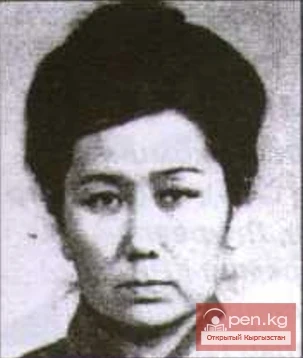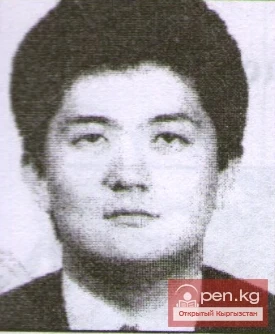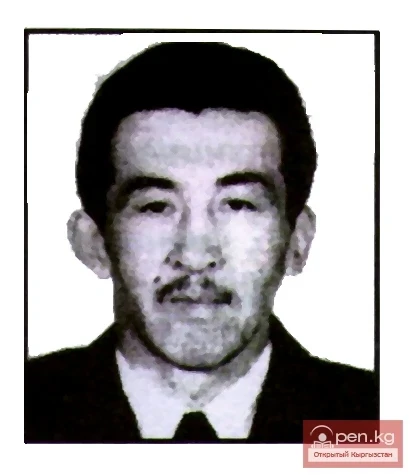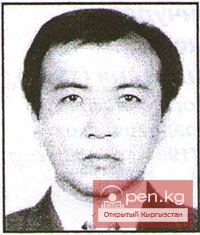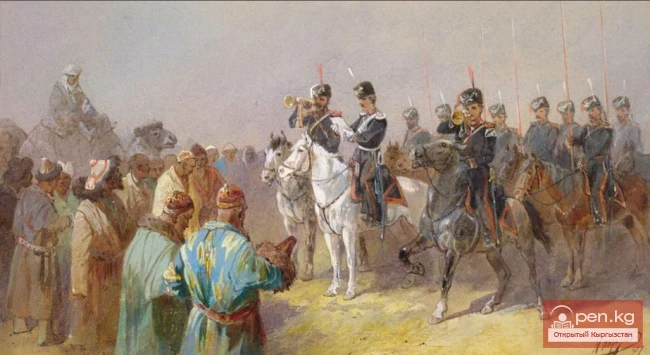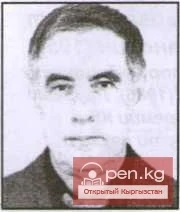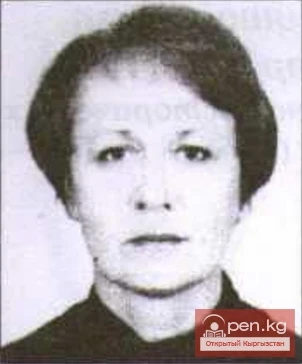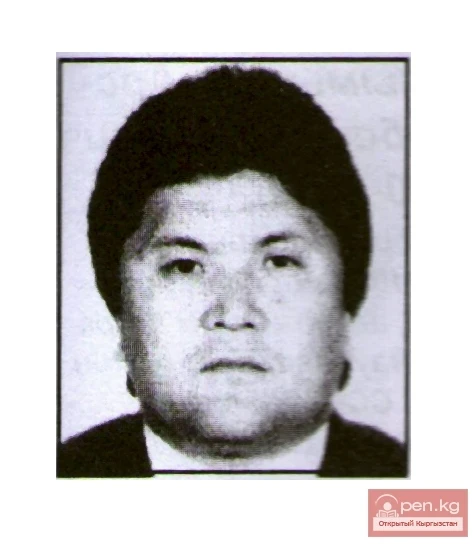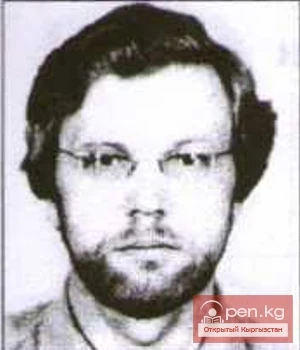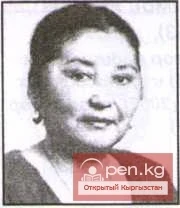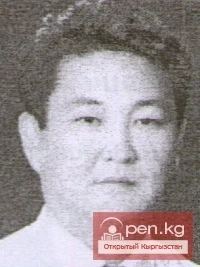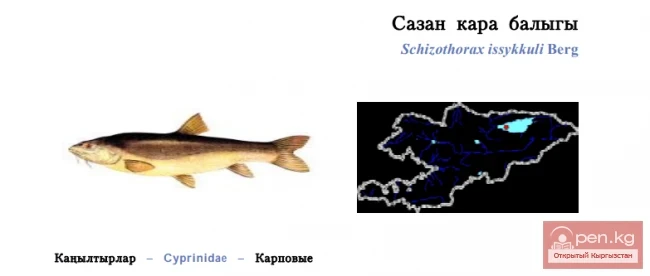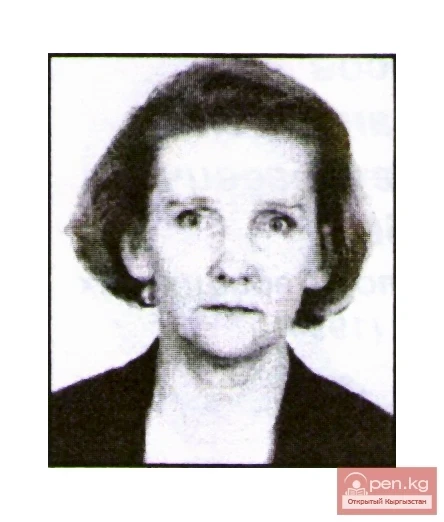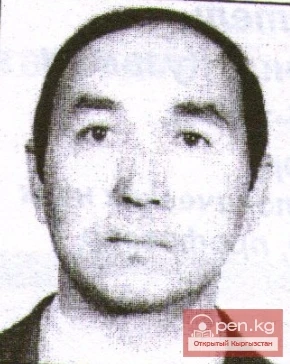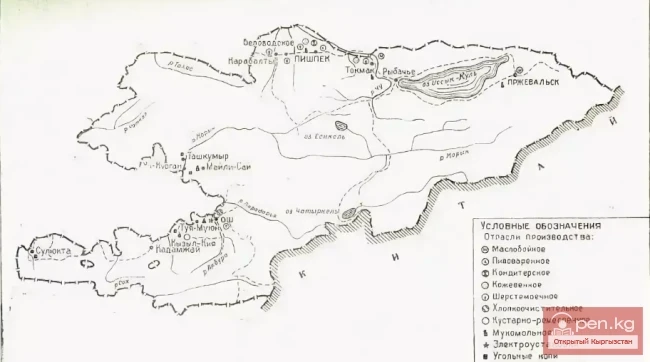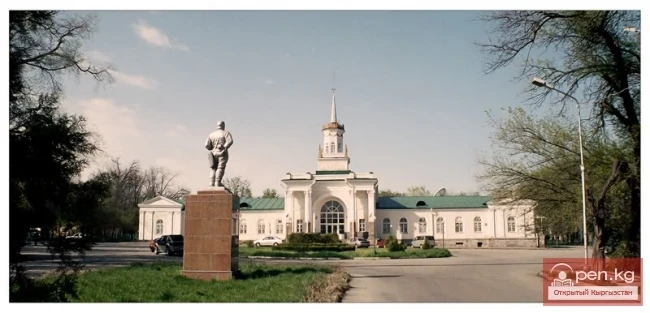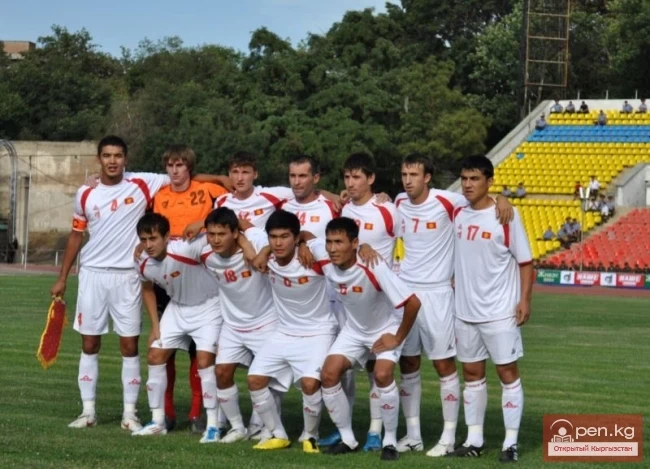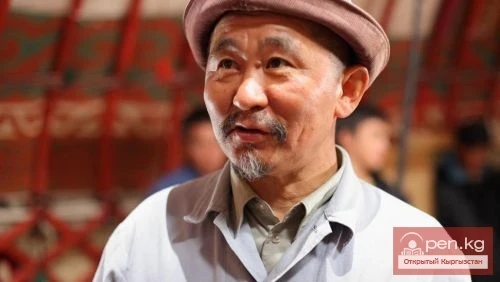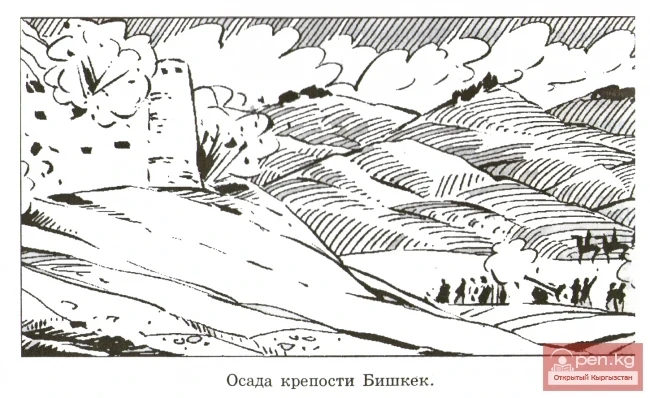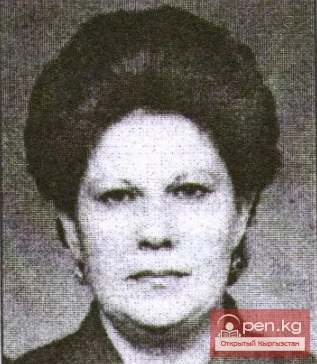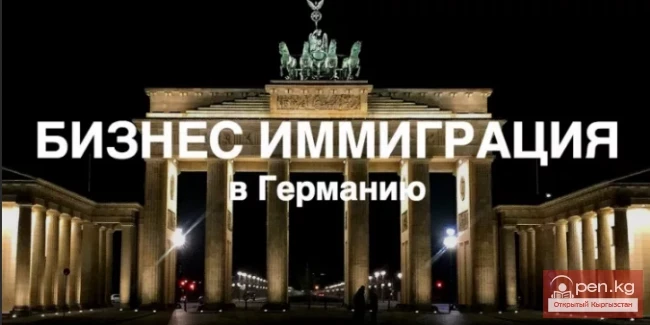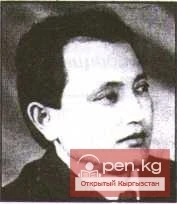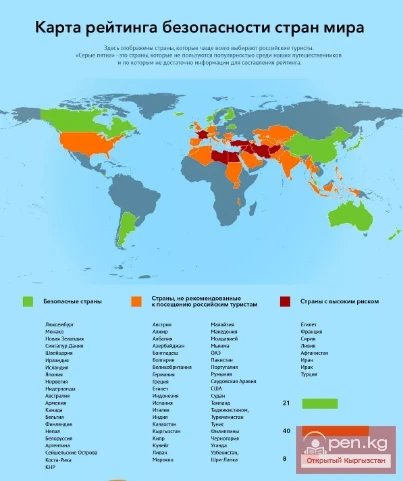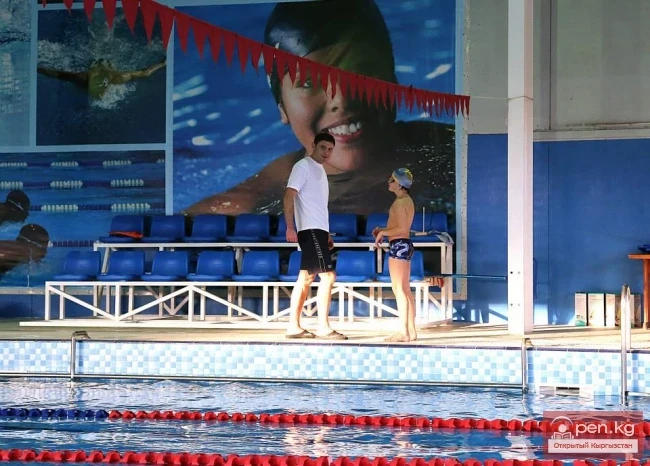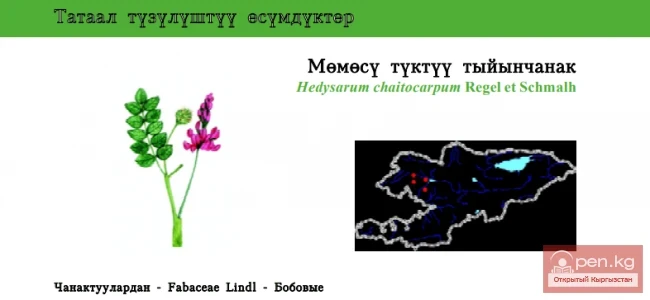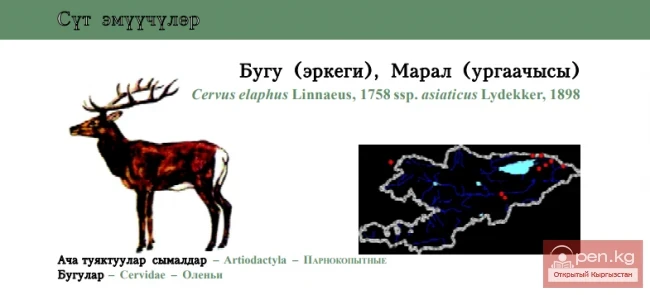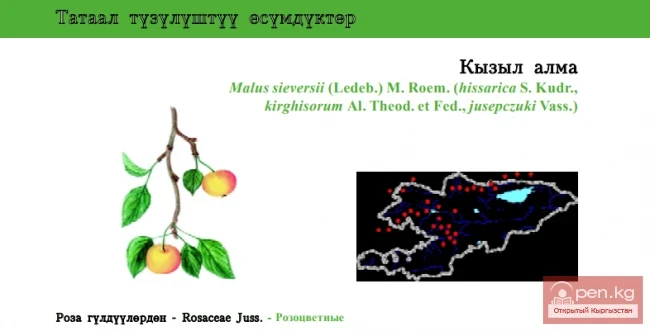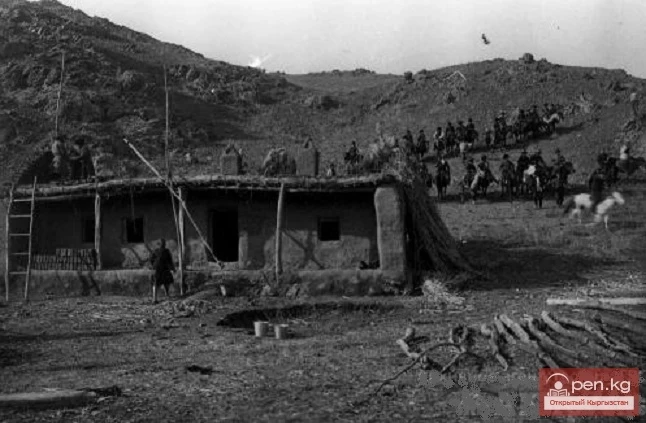Citizenship of the Russian Federation in the General Procedure
There are many people wishing to move to Russia today. Migration processes have not bypassed the Russian Federation, which is an integral part of the modern world. International experts acknowledge that Russian immigration laws are quite sophisticated. At the same time, it is often noted that they are simultaneously complex for a person who is not familiar with their intricacies and nuances. Russia is currently experiencing an influx of migrants from various countries. A significant role in the increase in the number of foreigners moving to the Russian Federation is played by the aggravation of the international political situation. One should not forget the interests of foreign businesses, as well as the close family ties that Russians have maintained with residents of most CIS republics. All these factors contribute to the increase in immigration.
Foreign citizens and stateless persons who do not have grounds for acquiring Russian citizenship in a simplified manner have the opportunity to obtain Russian citizenship in the general procedure.
The general procedure for obtaining Russian citizenship has features that make it, to date, the most complex, longest, and generally quite painful and difficult to implement in practice method of acquiring Russian citizenship.
Features of the Procedure for Acquiring Russian Citizenship in the General Procedure
A significant feature of the general procedure for admission to Russian citizenship (compared to admission to Russian citizenship in a simplified manner) is the fact that the corresponding decision is made by the President of the Russian Federation within one year from the date of submission of the application and other documents.
In comparison, the decision on admission to Russian citizenship in a simplified manner, depending on the circumstances, is made by territorial bodies of the Ministry of Internal Affairs of Russia or the Ministry of Foreign Affairs of Russia, usually within a period not exceeding six months from the date of submission of the application and other documents, and, for example, when applying for citizenship in a simplified manner under a quadrilateral international agreement – within a period not exceeding three months.
In addition, unlike the simplified procedure for admission to Russian citizenship, before applying for Russian citizenship in the general procedure, the applicant must fulfill the requirement of continuous residence under a residence permit in the territory of the Russian Federation for at least five years.
Requirements for the Applicant When Admitted to Russian Citizenship in the General Procedure
To submit an application for admission to Russian citizenship in the general procedure, the applicant must meet the following requirements (part 1 of Article 13 of the Federal Law "On Citizenship of the Russian Federation" No. 62-FZ dated May 31, 2002, hereinafter referred to as the Federal Law):
1. Reside in Russia continuously for at least five years under a residence permit in the Russian Federation.
The specified period of residence in Russia is calculated from the day of obtaining a residence permit in the Russian Federation until the day of applying for Russian citizenship in the general procedure (details here). At the same time, the continuity of residence in Russia implies that the applicant has not left Russia for more than three months within one year.
However, there are exceptions to this requirement of Russian legislation that significantly expedite the procedure for obtaining Russian citizenship in the general procedure.
a) The five-year period during which a foreign citizen or stateless person must continuously reside in Russia under a residence permit in the Russian Federation is reduced to one year (part 2 of Article 13 of the Federal Law), provided that the applicant:
has qualifications or a profession that are of interest to Russia or has high achievements in the field of culture, science, and technology;
is recognized as a refugee;
has received political asylum in the territory of Russia.
b) A foreign citizen or stateless person has the right to apply, including to a Russian diplomatic mission abroad, for admission to Russian citizenship in the general procedure without fulfilling the residence requirement in Russia, i.e., without obtaining a temporary residence permit and a residence permit in the Russian Federation, if he:
has special merits before Russia (part 3 of Article 13 of the Federal Law);
is a citizen of a state that was previously part of the USSR and has served for at least three years under contract in the Armed Forces of the Russian Federation, in other troops or military formations (part 4 of Article 13 of the Federal Law).
As can be seen from the above, the circle of individuals entitled to the aforementioned benefits in the general procedure for obtaining Russian citizenship is quite narrow.
2. Give an obligation, in the case of being admitted to Russian citizenship, to be loyal to Russia, to conscientiously fulfill one’s civic duty, and to bear responsibilities in accordance with the Constitution of the Russian Federation and the legislation of the Russian Federation.
In practice, this requirement is the easiest to fulfill, as the obligation is given by the applicant by signing in the appropriate section of the application for admission to Russian citizenship.
3. Have a legal source of livelihood.
This requirement implies that a foreign citizen or stateless person must have income from any activity not prohibited by Russian legislation – engage in labor activity, receive a pension, alimony, or benefits, have a deposit in a credit institution, be dependent on a person with income, etc.
4. Submit a written application in any form for renunciation of existing citizenship to the diplomatic representation or consular institution of the state of one’s citizenship in the territory of Russia.
The specified application can be sent to the relevant foreign institution of the foreign state by registered mail. In this case, the applicant's signature on it must be notarized.
It is absolutely clear that for admission to Russian citizenship in the general procedure, a stateless person, even if he has a permanent residence outside Russia, does not need to submit the specified application.
There are exceptions to this requirement, when a foreign citizen does not need to submit an application for renunciation of their existing citizenship.
These include the following cases:
the applicant's renunciation of citizenship is impossible due to circumstances beyond their control;
there is an international treaty between Russia and the state of the applicant's citizenship that allows for the retention of their existing citizenship after being admitted to Russian citizenship;
the applicant has refugee status in Russia;
the applicant has received political asylum in our country.
5. Proficiency in the Russian language.
The level of proficiency in the Russian language when obtaining Russian citizenship in the general procedure must be sufficient for the applicant to communicate in the country, both orally and in writing.
Russian citizenship legislation establishes that the level of proficiency in the Russian language is sufficient if the applicant has received education:
not lower than basic general education in the territory of the USSR - before September 1, 1991;
not lower than basic general education in the territory of the Russian Federation - after September 1, 1991;
in a state where Russian is one of the state languages (for example, in the Republic of Belarus). In this case, the applicant must be a citizen of that same state.
Please note that the Russian language must have the status of a state language in the relevant state, and not any other status, such as the status of an official language of state institutions, the status of a regional language, etc.
If the applicant does not meet any of the above conditions, then to apply for Russian citizenship in the general procedure, they must pass a state examination in the Russian language as a foreign language to confirm their proficiency.
However, there are also exceptions to this requirement.
There is no need to confirm proficiency in the Russian language when obtaining Russian citizenship in the general procedure for the following categories of foreign citizens and stateless persons:
men who have reached the age of 65;
women who have reached the age of 60;
persons with a disability of group I;
persons recognized as legally incompetent in the established manner.
We have reviewed the requirements that the applicant must meet in order to have the right to submit an application for admission to Russian citizenship in the general procedure.
Immigration to Canada
Immigration to Australia
Immigration to the USA
Immigration to Germany from Kyrgyzstan.
